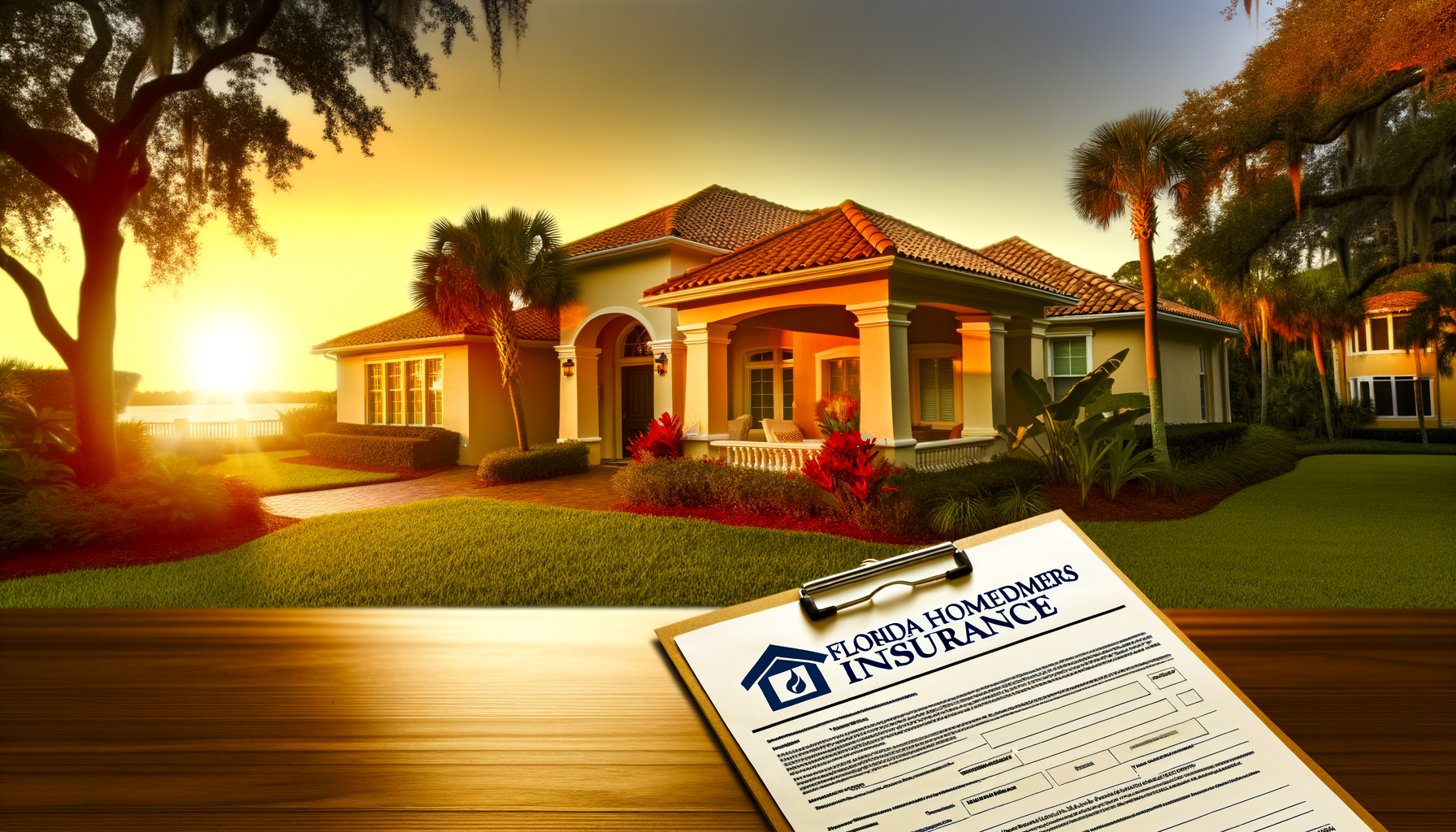Shopping for homeowners insurance in Florida? Whether you’re a first-time buyer or just looking to update your policy, understanding the ins and outs of Florida homeowners insurance can save you money and headaches. Each state has its quirks, and Florida is no exception. Let’s break down what makes this area’s coverage unique, what you’re actually getting, what you’ll pay, and how to pick the best policy for your needs.
What Makes Florida Homeowners Insurance Unique
Florida is a neighborhood with its own distinct flavor, and that extends to insurance considerations too. The area’s blend of older homes and newer construction means insurers take a close look at everything from building materials to local crime rates. You might find that carriers tailor policies to address issues like aging plumbing or unique architectural features.
Weather is another big factor. Florida, like much of the region, can sometimes face unexpected storms or even occasional flooding concerns. Because of this, local insurance providers often offer specialized endorsements or riders to cover these risks. You’ll want to ask about these when getting quotes.
Community reputation also matters. Insurers often set rates based on how safe and well-maintained a neighborhood is, and Florida’s active homeowners associations and community watch programs can sometimes help keep premiums down. If your neighborhood has a good track record, you could benefit.
Finally, local ordinances or codes might affect your coverage. Florida has been updating building regulations in recent years, and insurers may require additional coverage for code compliance after a loss. It’s important to ask providers how they handle these scenarios so they do not catch you off guard.
Coverage Options: What’s Included and What’s Not
A standard Florida homeowners insurance policy will typically cover the basics: damage from fire, theft, vandalism, and certain weather events are usually included. Most policies also protect your personal belongings and provide liability coverage in case someone is hurt on your property.
However, not everything is covered according to Floridainsurancequotes.net. Flood damage, for example, is often excluded from basic policies. Given Florida’s terrain and weather patterns, many homeowners opt for a separate flood insurance policy through the National Flood Insurance Program or a private company. Earthquakes are another risk that typically requires an additional rider.
Another thing to watch for is how your policy treats valuables like jewelry, art, or collectibles. Most policies set limits on these items, so if you own anything particularly valuable, you may need extra coverage. Always do a home inventory and check those limits before signing up.
Don’t forget about maintenance-related issues. Insurance won’t cover normal wear and tear, termite damage, or problems caused by neglect. It’s always best to clarify with your agent exactly what’s included and what’s not, so there are no surprises when you need to file a claim.
How Much Does Florida Homeowners Insurance Cost?
The cost of homeowners insurance in Florida depends on several factors. The age and condition of your home, its location, size, and the materials used in construction all play a role. Newer homes or those with updated systems may qualify for discounts, while older houses might come with higher premiums due to increased risks.
On average, Florida residents can expect to pay somewhere in the mid to upper range for the city, thanks to the blend of property values and potential weather risks. Costs often fall between $1,200 and $2,000 per year, but your rate could be higher or lower based on your unique situation.
Other factors that affect pricing include your claims history, chosen deductible, and any additional coverage options you select. If you add flood or earthquake protection, or increase your personal property limits, expect your premium to rise accordingly.
To get the best rate, shop around and ask each insurer about available discounts. Many providers offer savings for bundling home and auto policies, installing security systems, or upgrading to impact-resistant windows and roofing. Every little bit helps when it comes to your annual premium.
Tips for Choosing the Right Policy in Florida
When shopping for homeowners insurance from Florida, start by assessing your specific needs. Consider the age of your home, the value of your belongings, and the risks particular to your part of the neighborhood. A good inventory and a clear understanding of your priorities will help narrow down your options.
Don’t be afraid to ask questions. Request detailed explanations about what’s covered, what isn’t, and which endorsements are available. It’s also wise to compare quotes from at least three different providers to ensure you’re getting both the coverage and the price that fits your situation.
Review local reviews and ask neighbors about their experiences with different insurance companies. Local agents are often more familiar with Florida’s quirks and can recommend policies that address your specific risks. Sometimes, a little local knowledge goes a long way.
Finally, revisit your policy every year or after any major change to your home or life circumstances. Updating your coverage ensures you’re not underinsured. Moreover, you will know you are not paying for more than you need. With the right approach, you’ll have peace of mind knowing your Florida home is protected.
Conclusion
Florida homeowners insurance isn’t universal, but with a little research and attention to detail, you can find a policy that works for you. Understand what makes the area unique, know your coverage, be aware of the costs, and don’t hesitate to ask for help along the way. With the right policy in place, you can relax and enjoy everything Florida has to offer, knowing your home is in good hands.
